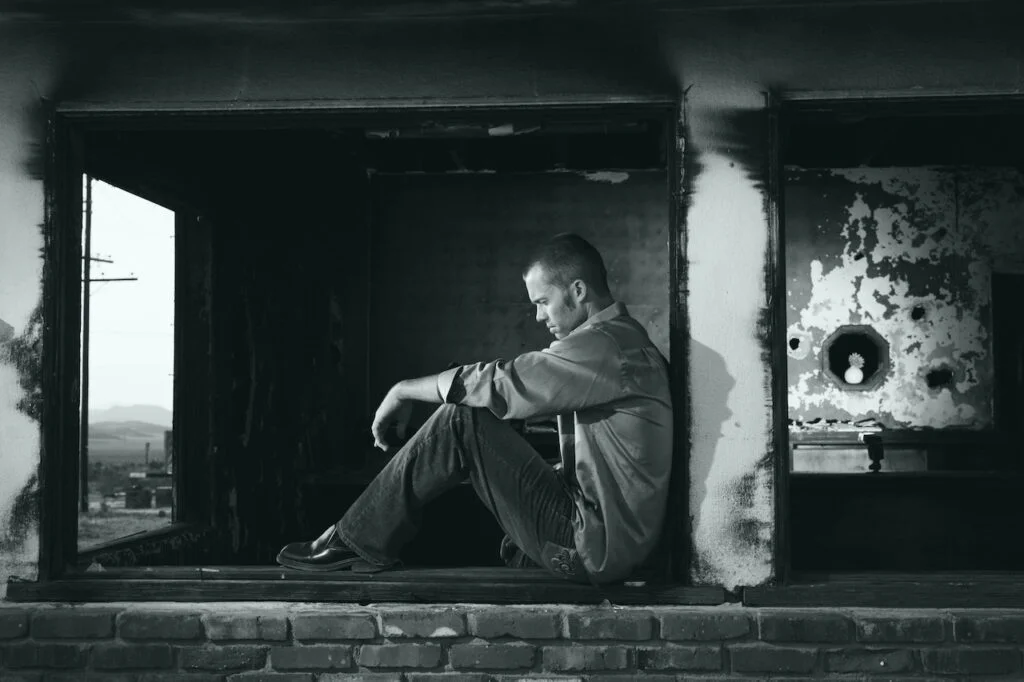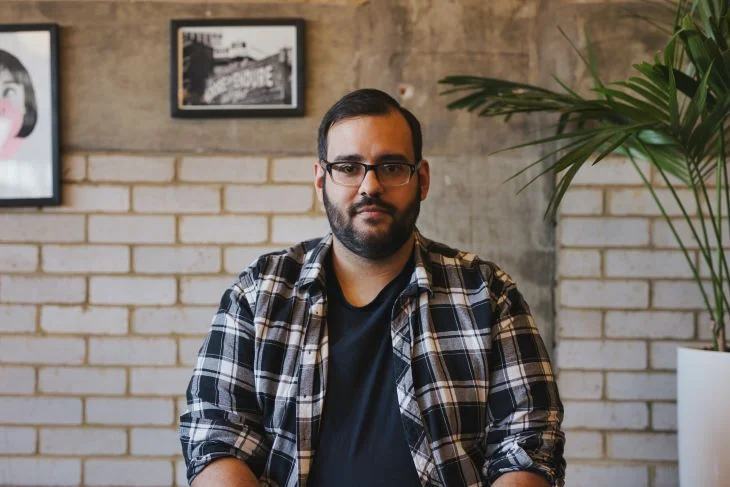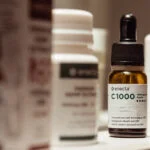A person who has a drug or alcohol problem is facing one of the most difficult challenges in life. Addiction is a disease and is often unfairly judged because many people don’t realise that it is a disease.
Some think that each time a person drinks or uses a drug, they have a choice over their actions and behaviours. The disease of addiction doesn’t work like that. To develop a fair understanding of it, it’s necessary to learn about how substances affect the brain and body and what makes people try and then continue to use substances.
For thousands in the UK and millions of people throughout the world, using drugs and alcohol can take a unique and tragic hold. The disease is where regular functioning stops occurring in the body. Drugs and alcohol change how the body functions and this affects behaviour even when a person desperately wants to stop taking the substance.
Perhaps you or someone you care about is living with an addiction but you don’t know much about the neurological and physiological processes that drive it. These factors are really useful to look into because it provides a space of compassionate understanding and a place where healing can begin to happen.
When a person accesses rehabilitation services they’re able to learn more about how addiction works and, of course, how to overcome it. Addiction is a disease that can be overcome, but it requires a huge amount of willpower.
To make the first move towards recovery, find out more about treatment clinics in Sevenoaks by calling OK Rehab on 0800 326 5559.
How Do Substances Affect The Brain And Body?

There are many ways drugs and alcohol affect the body. You’ll understand the lived experience of it but finding out about it from a physiological viewpoint can be useful.
Many people don’t realise when first experimenting with substances that they’re incredibly toxic. It’s usually the case that people experiment with friends and they experience the desired effects and don’t think much more about it until they use the substance again. Of course, this social use can become more regular and for some this develops into a regular, prolonged use which is when damage occurs.
Whatever a person puts into their body has an effect. If a person eats a healthy, nutritious diet and drinks a lot of water then they’re more likely to be in much better health than a person who eats processed fast food every day. It’s the same with substances. Whatever you put in your body has an effect.
Fast food, drugs and alcohol might be enjoyable to the person in the first moment, but afterwards, they’re not going to feel good. Fast food makes people feel bloated and lethargic. Drugs and alcohol bring “comedowns”, hangovers, and withdrawal.
Substances blast the brain and upset the natural balance of “happy” chemicals as well as the thyroid and the hormones. This means that a person’s mood will be affected. It can take a while to feel normal again. This is often why people use drugs and alcohol again.
With ongoing use, the toxins in substances build up in the body. This is because the organs aren’t able to eliminate them effectively. When this occurs, there is a much higher risk of developing illnesses, chronic health conditions, and diseases. Heart, lung, liver, and pancreas problems are very common in long-term substance users.
Sadly, for those who don’t regain control of the addictive habit, it can ultimately result in death linked to these diseases or overdose.
How Do You Know When It’s Time To Go To Rehab?

The reality is that most people living with alcohol and drug problems will go through a period of denial of the issue. It can be very difficult to admit this. If you’re attached to someone in this situation, it’s important to remain open and communicative. Therefore, when they’re ready to admit the issue, then they’re more likely to open up to you and seek your support.
Once the addiction has been acknowledged there comes a space where people might not be ready to stop using. This can often be because what they feel they enjoy outweigh what they feel are the negatives.
Ultimately, addiction is a deteriorating health concern. There will come a point where you (or the person you care about) realise the negative impact of addiction far outweighs the desired effects that were once sought.
The thing is, seeking rehabilitative support in Sevenoaks is most beneficial as soon as possible. Even at the stages where a person might not feel they want to quit. This is because addiction workers can provide harm-reduction advice and therapies that can support future healing.
There is no reason to wait until a certain year or birthday or date to quit. You (or the person you love) already know the life that drugs and alcohol have offered and by stopping sooner you aren’t missing anything. The sooner the recovery journey begins, the sooner your body and mind can begin to heal.
When this starts, a new life with your self-development as a focus is enabled.
What Do Rehab Clinics Offer That Will Help?

OK Rehab collaborates with rehab clinics in the Sevenoaks area as well as the rest of the UK. We support people to access rehab with the best recovery support in the country. There are professional, highly-equipped and experienced staff who are there to facilitate the start of your recovery.
When you enter rehab, residents undergo a detox to remove the substances from their bodies. Following on from an assessment, they’re provided with a timetable of therapies and group sessions that they’ll participate in each day.
Rehabs empower people to understand where the addiction came from, what is making it continue, and how to change. A stay at rehab in Sevenoaks will bring abstinence and a plan for the future built around sobriety.
To end your addictive habits linked to drugs and alcohol and begin healing, call OK Rehab on 0800 326 5559.





